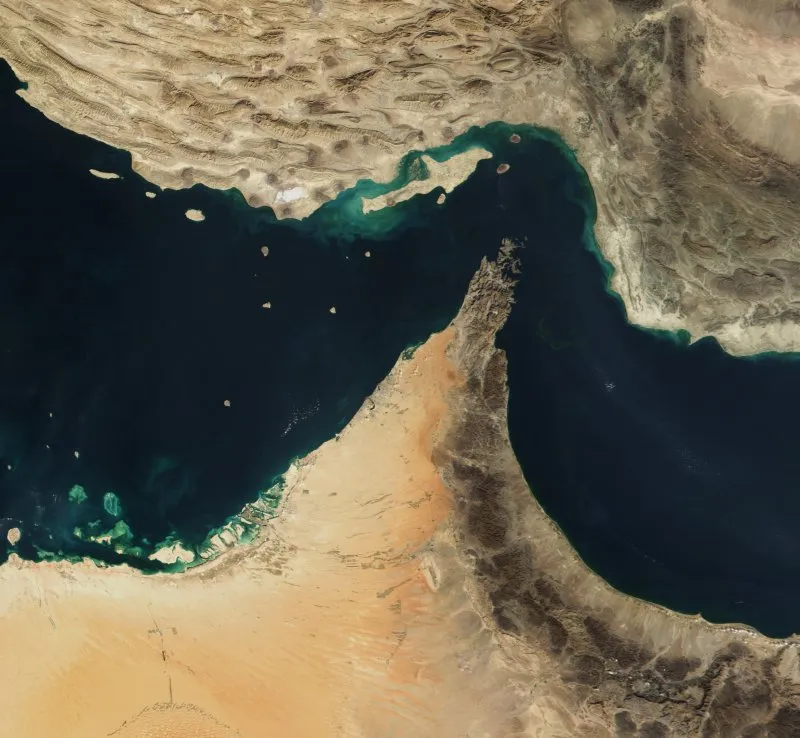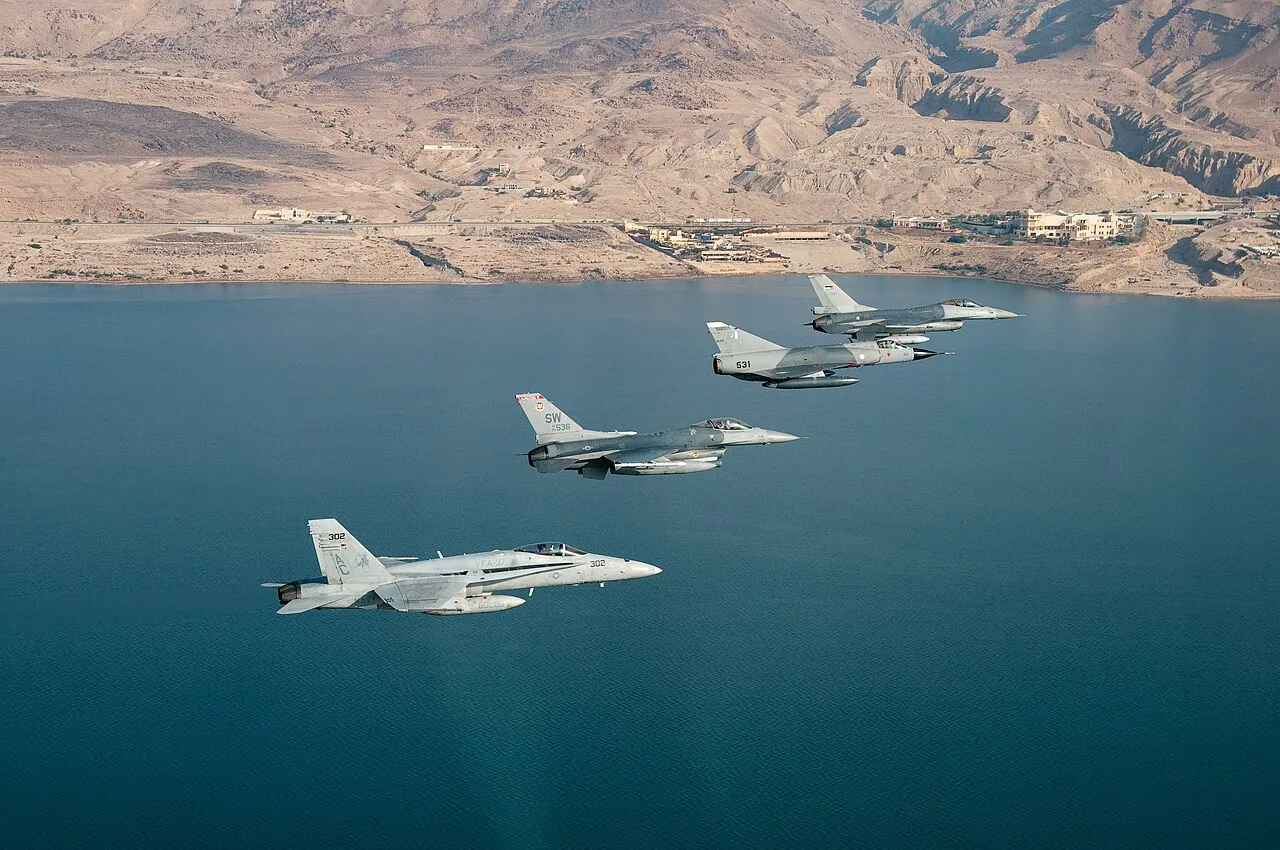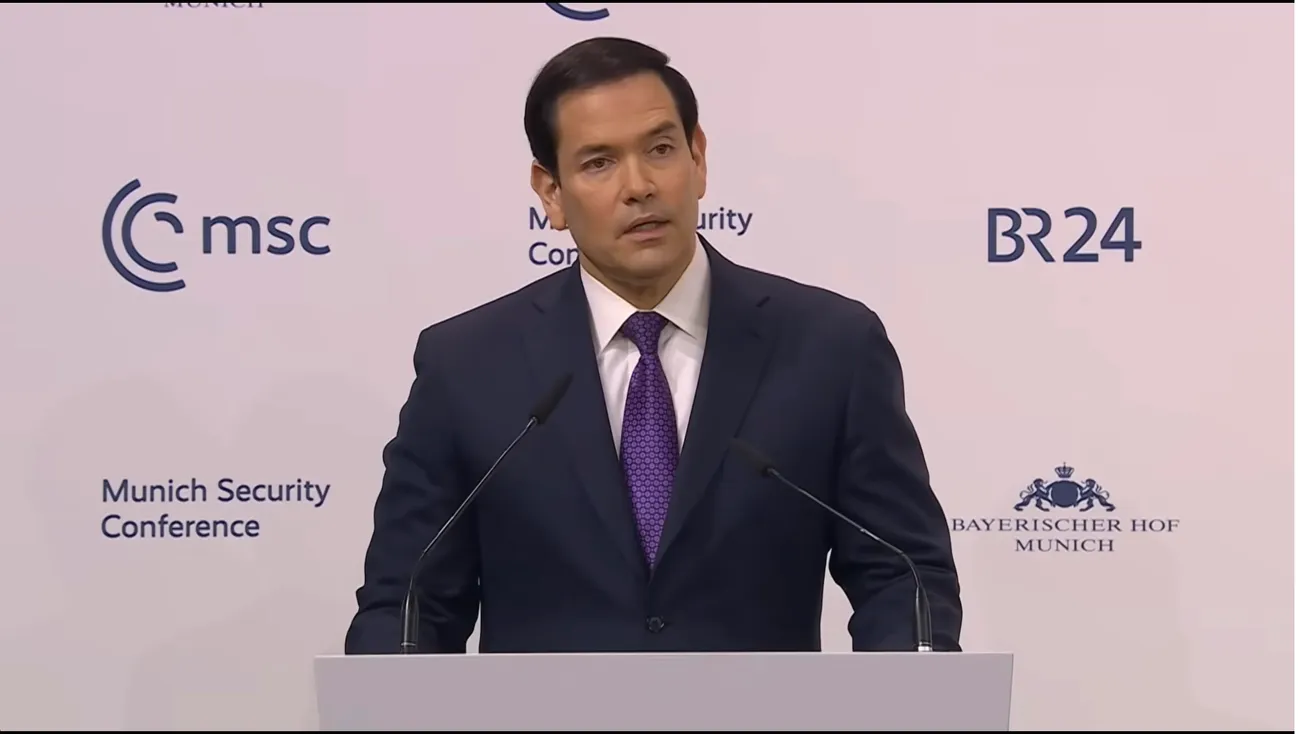Beginning at the Synagogue at Seitenstettergasse, gunfire attacks in downtown Vienna on Nov. 2 left four people dead, and about a dozen injured, several of them seriously. The terror began at about 8 p.m., when a gunman opened fire on guests in filled restaurants. The same pattern is reported from five other locations attacked—Fleischmarkt, Bauernmarkt, Graben, Salzgries and Morzinplatz. Chancellor Sebastian Kurz vowed to hunt down those responsible for the attack, describing the battle as one between “civilization and barbarism,” according to Sputnik.
Anti-terror squads were deployed within several minutes, and shot the 20-year-old gunman, who police later said was a sympathizer of the ISIS. The next day indeed ISIS claimed that the killed terrorist was “our soldier.” The gunman, Kuktim Fejzulai, who was born and raised in Austria by Albanian parents from North Macedonia, had a police record for activities in connection with the ISIS: In April 2019, he was sentenced to 22 months in jail because he planned to join ISIS in Syria, but he obtained early release in December for good conduct. TASS reported today that a second suspect was arrested in Linz, Austria and taken into custody. Russia’s Ambassador in Vienna, Dmitry Lyubinski, told Rossiya-1 “60 Minutes” broadcast that “there are a number of natives of Balkan countries, Muslim countries and the North Caucasus among those detained.” He said he had no further details, according to TASS.
Falter weekly editor Florian Kenk raised several questions: “How could a convicted Islamist, known to the police, develop contacts with ISIS? Where and how could he get the weapons? Whom did he make acquaintance with in jail? Why was he not on the radar of the anti-terror police?”
Italian intelligence analysts interviewd by Italian television Rainews24 said that Austrian police and intelligence service have been mostly concentrated on right-wing terror networks. De facto, in both Austria and Germany, intelligence and anti-terror forces have been under pressure from the media and politicians to look into “neo-Nazi” groups, which mainstream media narratives use to smear populist opposition forces. In Germany this has gone on for many years, starting with the NSU terror group, and currently focused on a case of alleged neo-Nazi members of the anti-terror unit GSG9.
We know that neo-Nazi networks in Germany are a British operation and therefore It is legitimate to raise the question of whether intelligence services have been purposefully “blinded” to the ISIS terrorist threat. A pattern of “Islamist” assaults against European nations (as in France) can be used to manipulate the conflict in the Mediterranean and in the Caucasus involving Turkey, several EU countries and Russia.





